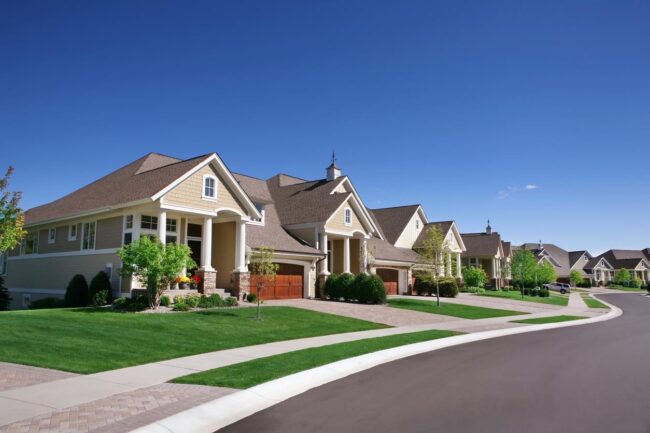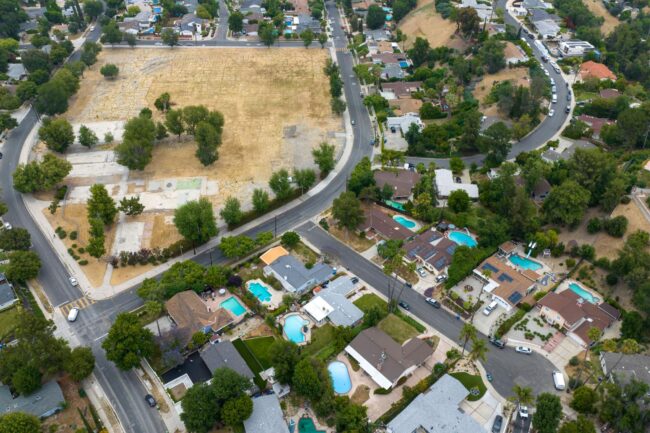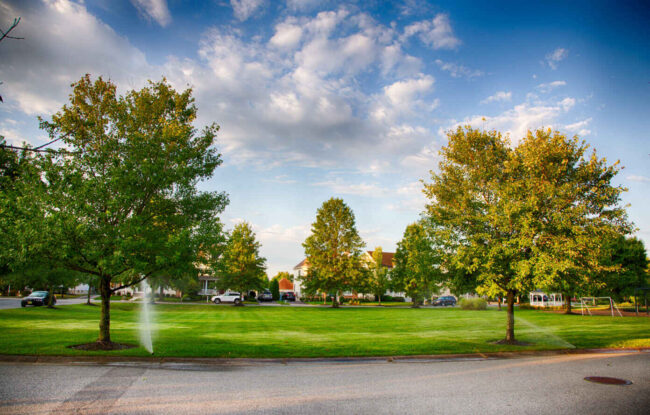You have defined your budget, established your needs, and are now ready to start the property hunt. Location can never be emphasized enough whether you want to buy, rent, or lease a house. Location, location, location: The common mantra isn’t based on some myths.
Location is almost everything in real estate, stressing the need to undertake due diligence to choose the perfect neighborhood. It’s also why you notice competitive listings on Hauzisha in certain areas since properties are quickly scoped, unlike some neighborhoods where a listing can be available for an extended period.
But what counts as an ideal location? While personal preferences, priorities, situations, and needs matter, some aspects apply across the board. Herein, we’ll look at some of the tips on how to pick the best neighborhood.
1. Safety and Security

Does the neighborhood have a history of natural disasters like floods? How about the crime rate? Can you walk around even during odd hours without much worry about your security or go to work without being overly concerned about your home being broken into?
Safety and security are universal checks that tell you how perfect a neighborhood is regardless of your preferences. You won’t be comfortable if you don’t feel safe and secure in your home.
Your home should provide comfort, a place to unwind after a lengthy and stressful day. It should feel like a sanctuary, not another stressful point where you can hardly fall asleep due to concerns of being attacked or swept away by floods at any moment.
2. Accessibility
Can you drive or take a bus/taxi to the neighborhood? Imagine living in an area with no road network and so far from the rest of the world that you must take a helicopter. If you are looking for a private Island, that sounds like a perfect neighborhood. In contrasting instances, that would be a nightmare.
Accessibility is vital as you manage your activities of daily living. A neighborhood with diverse accessibility options like roads and railway are ideal.
This is more so considering the convenience public transportation offers. If you own a car, it could unexpectedly break down, which won’t be overly stressful if you can take the bus or taxi to get to where you want to go.
3. Proximity Checks

How close is the neighborhood to your workplace? How about shopping malls, medical facilities, financial services, schools, and parks? Commuting to work can be hectic if it takes hours, not to mention the cost implications. If you have kids, you also need to consider their education.
Proximity to such facilities makes your life more manageable. You can seek medical attention much faster, even during odd hours, when most emergencies tend to occur. You can also buy necessities like groceries without having to deal with notable commute and ensure your children quickly get to and from school.
4. Vital Amenities
Is the neighborhood connected to electricity have good network coverage and water supply? Such amenities significantly impact your stay. For instance, poor internet connectivity and no electricity means you can’t work from home, a trend that continues to be the norm in today’s hybrid working environment.
Now imagine if the neighborhood doesn’t have ample water supply, is in an urban setting, yet is not connected to sewerage lines. Living in such an area can prove chaotic since it would feel like living in the wilderness, only worse considering the potentially poor air quality.
This stresses the need to consider the available amenities before moving in, not just because of your preferences but also your quality of life.
5. Atmosphere

A neighborhood’s atmosphere is critical, especially when buying a house. Remember, you can’t move the plot to another location. Moving everyone else away is also impractical, meaning you’ll be stuck with the atmosphere you find in a location.
Let’s say you are a young family. You want a family-friendly atmosphere. You should consider the neighbors’ status since they determine the atmosphere. In this scenario, you want a quiet, family-friendly setting, not a more vibrant community with frequent late-night parties.
On the other hand, if you fancy a vibrant lifestyle, moving into a quiet neighborhood won’t serve you well since you’ll often be bored-sick at home, which should be a comfortable place. You need a community aligned with your situation and lifestyle preferences to ensure you enjoy a happy and fulfilling stay.
6. Costs

Buying or renting a house is one thing, and living there is different. You may find a house that seems perfect and within your price range, but don’t just look at the price tag. You need to consider the neighborhood’s cost of living for a better decision.
Some locations can spread your finances too thin that you’d regret moving there. You may find that the amenities cost twice as much as you are used to or expected. Home insurance and property taxes could be draining, leaving you with almost nothing, yet basic needs aren’t met.
Basic needs like food could also prove so costly that you’d have to commute to get reasonably priced groceries. This means your stay would not be so dreamy despite landing a dream house. It means that you should look into the neighborhood’s elements, like how much it costs to keep the house running well, not simply how much the houses cost.
When still on the costs, consider the market trends. Are you likely to fetch a good price if you decide to sell the house in the future? You are excited about owning the home, but considering the future financial implications shouldn’t be overlooked.
See if there are ongoing or upcoming developments. This can tell you if the neighborhood will likely maintain or improve its appeal and, consequently, property value in the future, making your purchase a valuable investment.
While it may not be among the notable checks, it is also recommended that you consider your gut feeling when choosing a neighborhood. After all, even if the neighborhood ticks all the checkboxes and you don’t like it, you’ll hardly enjoy your stay. A quick way to achieve this is to visit the neighborhood at different times to establish if it feels right. Online research is also helpful.
